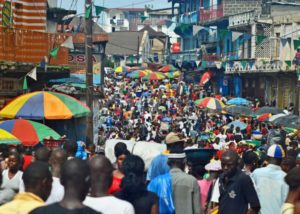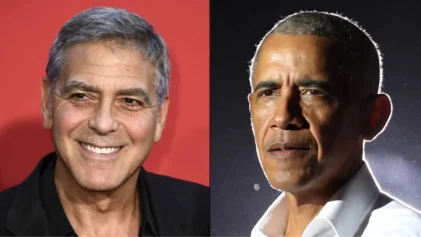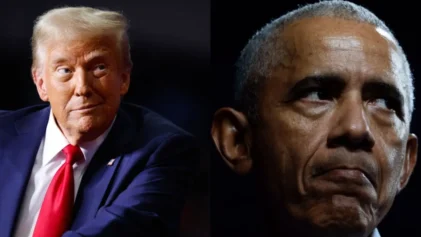
His latest tweet is a timely reminder of how the Africa Rising mythology hasn’t peaked yet. “The biggest change of our time? Africa’s increase from 1 to 4bn people!” @HansRosling wrote earlier this month.
He was reacting to a significant new report from the World Bank that proclaimed: “Africa is the fastest-growing major area”.
The report – titled “World Population Prospects The 2015 Revision” – found that “more than half of global population growth between now and 2050 is expected to occur in Africa.
“Africa has the highest rate of population growth among major areas, growing at a pace of 2.55% annually in 2010-2015. Consequently, of the additional 2.4bn people projected to be added to the global population between 2015 and 2050, 1.3bn will be added in Africa.”
Additionally, “after 2050, Africa is expected to be the only major area still experiencing substantial population growth. As a result, Africa’s share of global population is projected to grow to 25% in 2050 and 39% by 2100, while the share residing in Asia will fall to 54% in 2050 and 44% in 2100.”
This surge in population growth is good news for the continent, already experiencing what’s known as the “population dividend” – or a bulge of youngsters ready to be the next global workforce after China and India.
But additionally, it also means that middle class – already estimated to be a third of Africa’s 1.1 billion population – is itself expected to grow. This is significant because the middle class are the drivers of any economy, paying taxes, and buying houses and cars and consumer electronics, thereby driving economic growth themselves.
During his first trip as US President to Africa in 2012, President Barack Obama’s key deliverable was a $7 billion power initiative to provide energy to Africa with its notorious lack of infrastructure and inconsistent electricity supply. More people in Africa have a cellphone than access to electricity. Obama said during his visit to South Africa: “Our primary interest when it comes to working with Africa on energy issues has to do with how do we power Africa so that it can be an effective market creating jobs and opportunity in Africa, but then we also then have somebody to trade with and sell iPods to, and airplanes, and all kinds of good stuff.”
Read more at forbes.com


